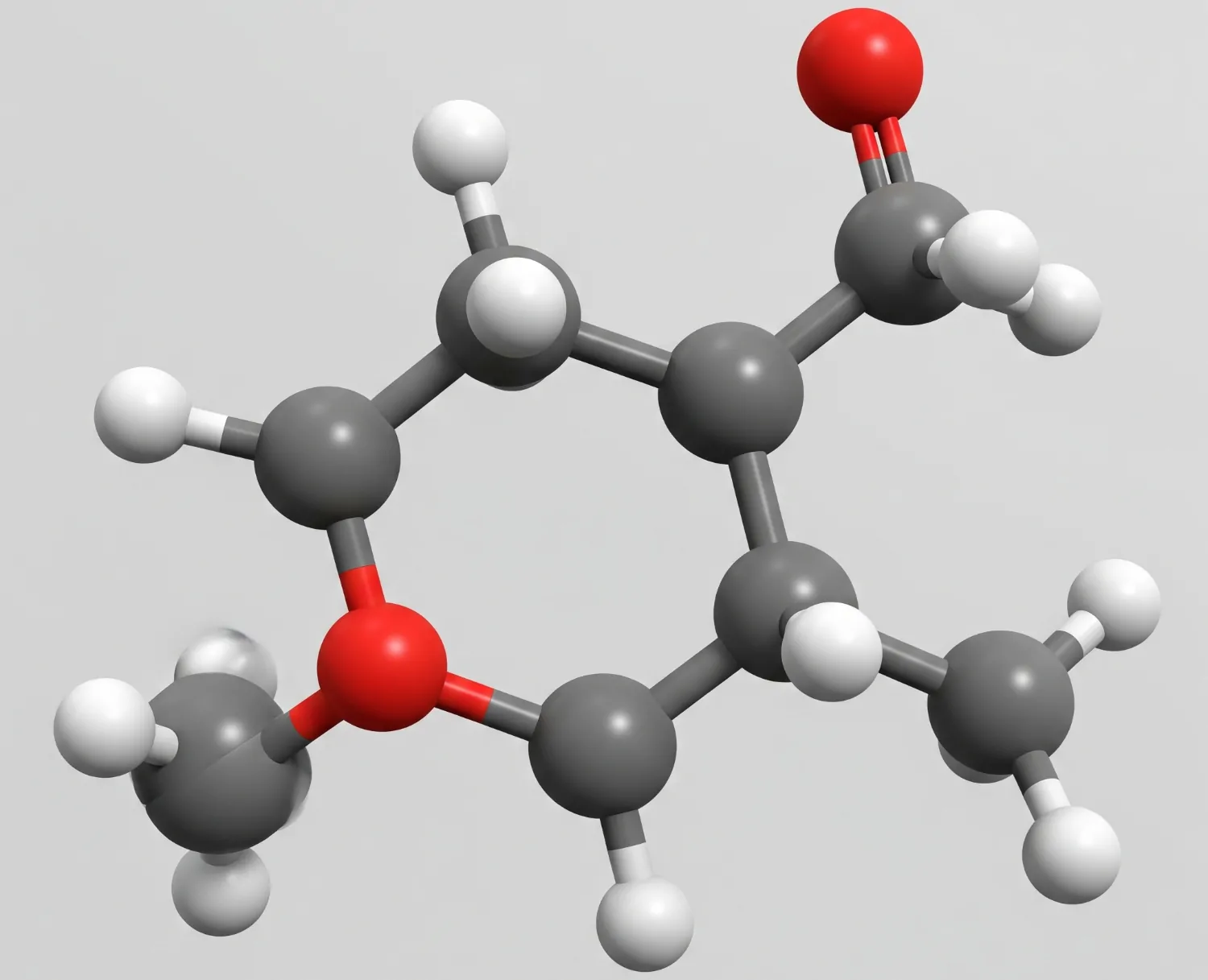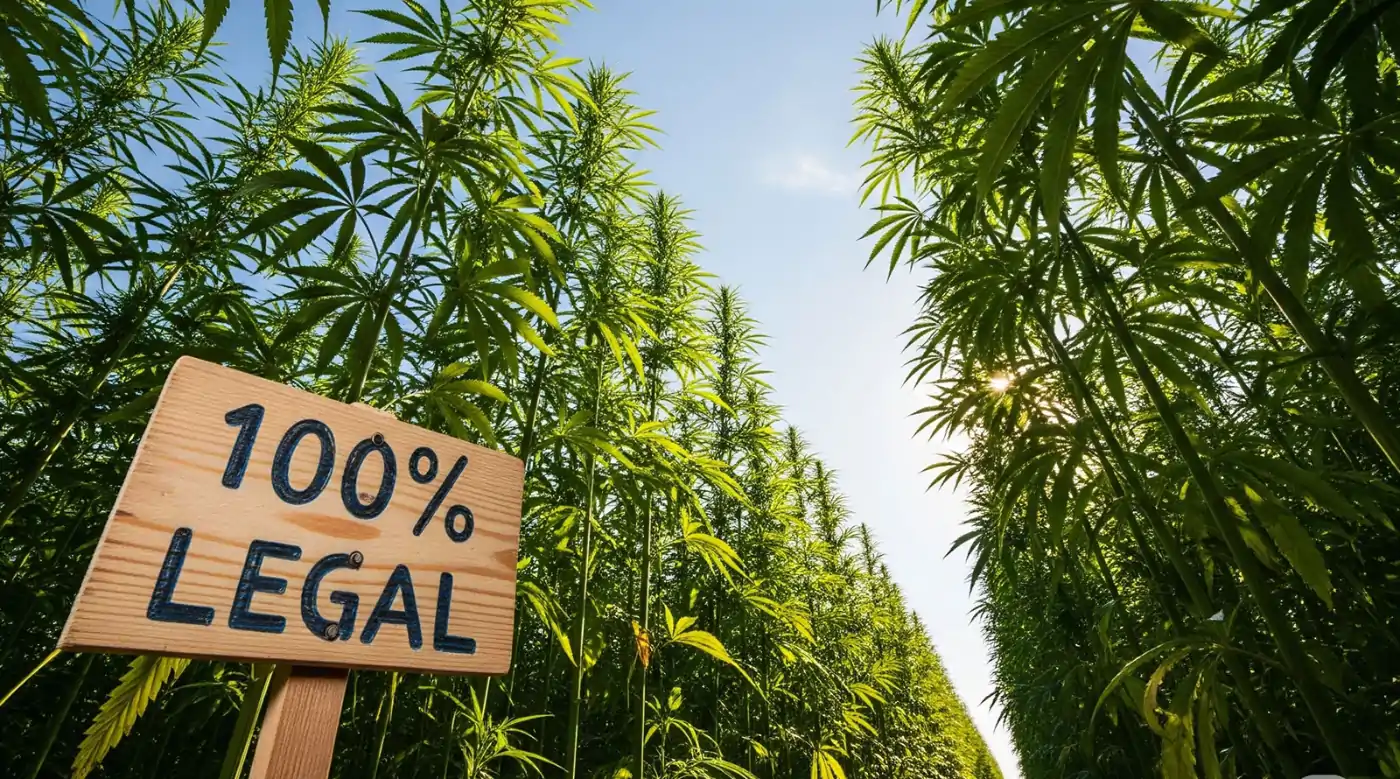THCa (tetrahydrocannabinolic acid) is a non-psychoactive cannabinoid found in the trichomes of raw cannabis. It is the natural precursor to THC, the compound responsible for the cannabis’s intoxicating effects. When exposed to heat, through smoking, vaping, or baking, THCa converts into THC through a process called decarboxylation, which activates its psychoactive properties.
THCa vs. THC: What’s The Difference?
The key structural difference is that THCa contains a carboxylic acid group, which makes the molecule too large to bind effectively with CB1 receptors in the brain. That’s why raw cannabis containing THCa won’t get you high. But once decarboxylated (by smoking, vaping, or heating), the molecule shrinks, becomes THC, and can now interact with those receptors producing the well-known euphoric “high” effects.
While both compounds offer medical benefits, their effects and applications differ:
- THCa is being studied for its anti-inflammatory, anti-nausea, and neuroprotective properties.
- THC is more commonly used for pain relief, mood elevation, and appetite stimulation.
Interestingly, the two molecules are nearly identical, differing by just a single carboxyl group. Their chemical formulas are almost the same separated by only one number.
When Was THCa Discovered?
THCa was first discovered in the late 1960s by Dr. Raphael Mechoulam, the legendary Israeli chemist often called the father of cannabis science. After isolating THC in 1965, Mechoulam and his team began mapping out other cannabinoids, eventually identifying it as the non-psychoactive, natural precursor to THC.
This was a breakthrough for cannabis research. It confirm that THC is not directly produced by the plant, but rather synthesized through decarboxylation, it also opened the door to non-intoxicating therapeutic applications.
“I think there should be more focus on the acidic precursors of THC and CBD – THCa and CBDA. Those molecules have low stability, and as a result, very little research has been done on them. But I think that they have big potential and should be studied more.” -Raphael Mechoulam, 2020
How Stable Is It?
One of the challenges Mechoulam and others have noted is that THCa is unstable-it naturally begins to convert to THC over time, even without direct heat. Factors like light, air, and warmth can accelerate this slow decarboxylation, which is why THCa-rich products are best stored in cool, dark, airtight conditions.
In a lab setting, THCa can be almost fully converted to THC in about 15 minutes at 300°F, but this can also degrade terpenes and other beneficial compounds.
The fastest way to decarboxylate THCa is through combustion-smoking a joint, bong, or bowl. This converts THCa to THC almost instantly, but the process isn’t 100% efficient. Some THCa is lost or incompletely converted during combustion.
Why Does it Matters?
The discovery of THCa was a key milestone in mapping the cannabis plant’s biosynthetic pathways. Understanding how cannabinoids form and transform has empowered breeders to develop strains tailored to specific medical conditions or patient needs. And as research continues, THCa is emerging as a therapeutic powerhouse in its own right, valuable not only for what it becomes, but for what it is.




